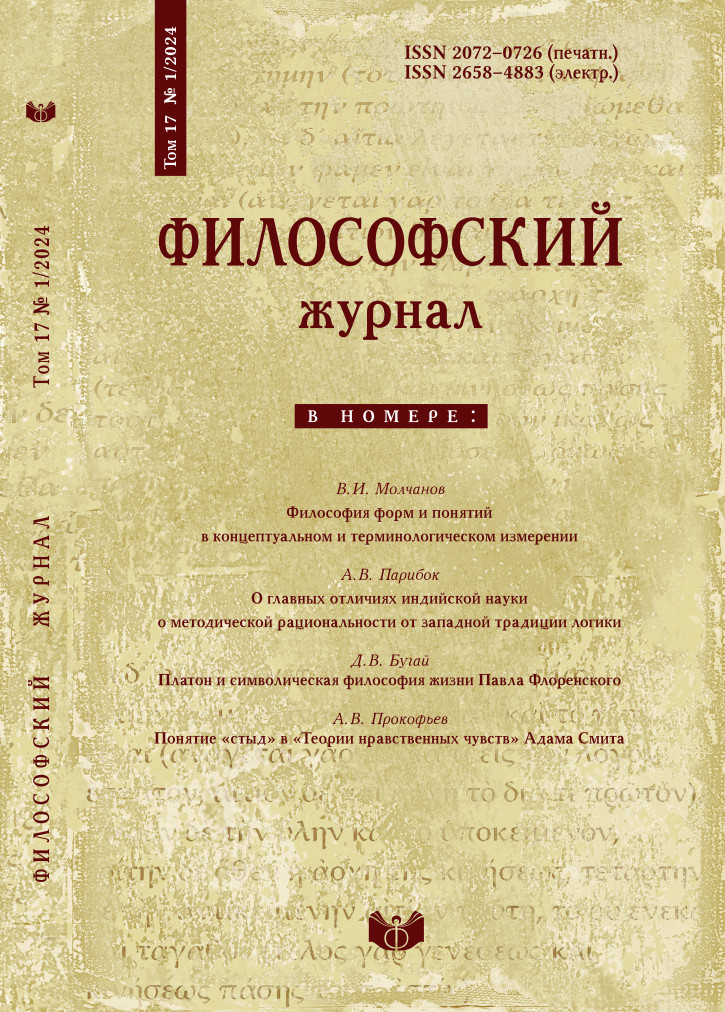“The Samaritan Illuminationism”: the reception of Ishraqi’ philosophy in Samaritan theology of the 18th century
DOI:
https://doi.org/10.21146/2072-0726-2024-17-1-35-49Keywords:
Samaritans, ‘Irfān, Sufism, Ishrāq, Falsafah, Light, Darkness, Ǧiyāṯ al-Dīn al-Dashtakī, al-Ġazzaāl ibn ’Abū SurūrAbstract
The article is devoted to comparative analysis of metaphysical studying of a Samaritan theologian and exegete al-Ghazzāl ibn ’Abū Surūr (d. after 1755) and a representative of Shiraz Illuminationism school, philosopher, astronomer and mathematician Ghiyāth al-Dīn Manṣūr al-Dashtakī (d. 1541). Based on a scrupulous analysis of the doctrines by al-Ghazzāl and Ghiyāth al-Dīn, the author comes to the conclusion about their genetic link – supposedly, as a result of perception of Illuminationist systems in the Middle East in 17th–18th centuries. It is noticed that a Samaritan exegete, acquainted with Arab-Muslim philosophic literature as a prominent specialist, taught about ontologistic primacy of light, metaphysical nothingness of dark, stated about light nature of action and complete dependence of matter on the will of the Creator. Separately it discusses the desire of both authors to deconstruct the classic for Arabic philosophy thesaurus. It is expressed in the convergence of the categories ‘movement’ (ḥaraka) and ‘action’ (fi‘l), as well as in the consistent replacement of the concept ‘self’ (ḏāt) with the concept of ‘light’ (nūr). The differences between the concepts of al-Ghazzāl and ad-Dashtakī are also discussed separately: while the first author inscribes the opposition ‘light – dark’ in a creation ontological context, the latter professes belief in the ‘total unity’ of the lights, their eternity and uncreation. The research is preceded by a short excursion into the history of Samaritan theology of the 11th–18th centuries. Moreover, the article provides the description of unpublished documents which served the textological basis for the author’s work – in particular, the manuscript of al-Ghazzal’s interpretation of Genesis and Exodus ‘Dispersion of the darkness [covering] the secrets of the Giver’ (Kashf / Kāshif al-Ghayāhib ‘alā Asrār al-Wāhib; British Library, Add MS 19657).






